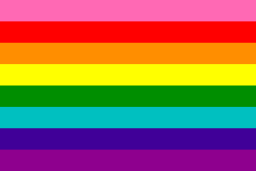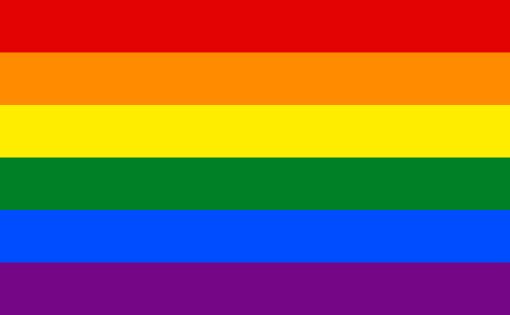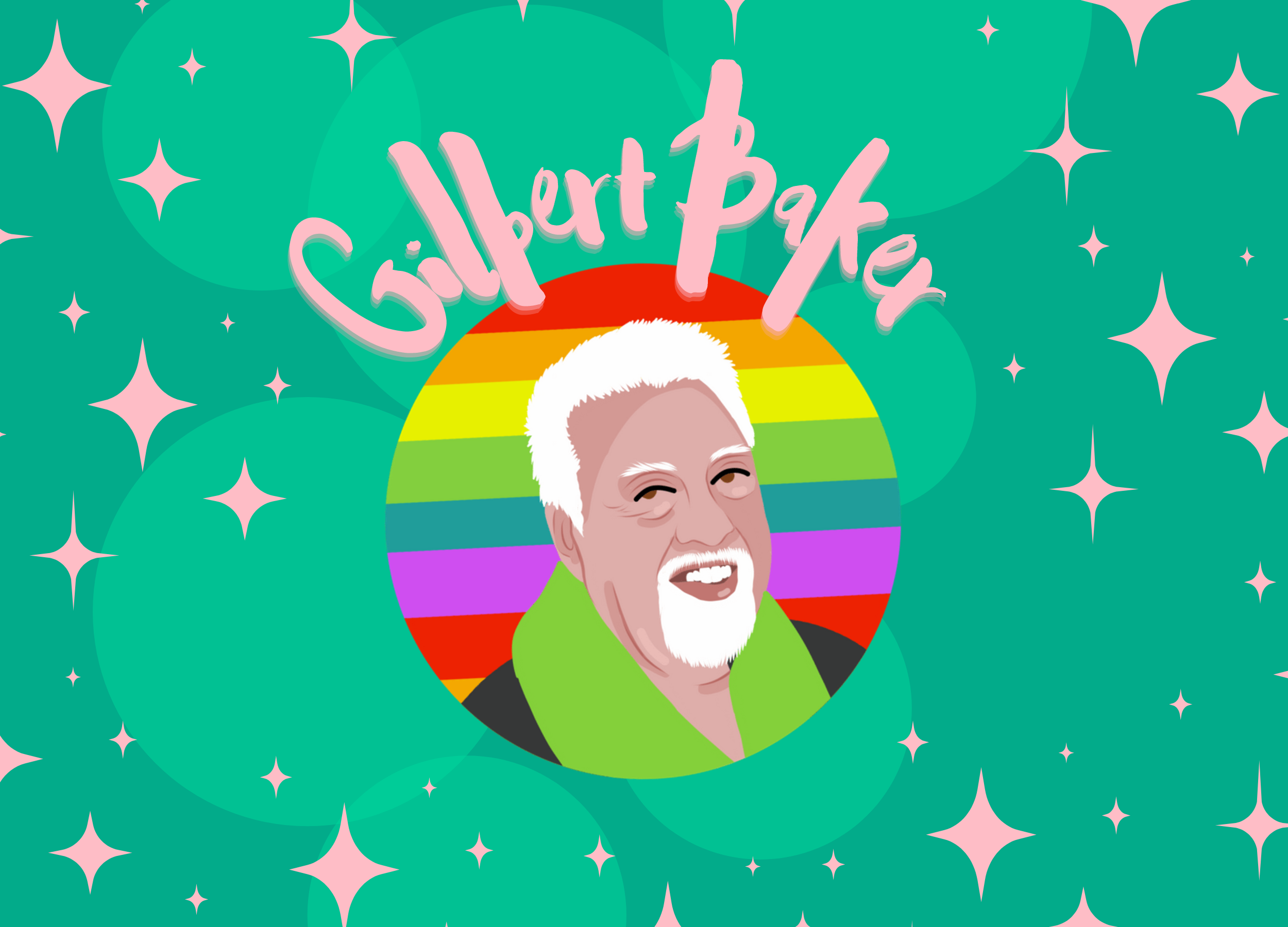Edited by: Dominique Samantha & Aarav Navani, Blogged by Sahithi Lingampalli
At long last, it’s June - the month widely celebrated as LGBT Pride Month in honor of the Stonewall riots in 1969. We often see the iconic rainbow flag displayed as a symbol of pride and the LGBTQIA+ rights movement - but how much do we know about its origins and its creator, Gilbert Baker? In 1977, the first openly gay person was elected to hold a high public office in a major American city. This man was Harvey Milk, who was elected to the San Francisco Board of Supervisors. Milk had campaigned on a message of hope for young LGBTQ+ youth and urged and inspired Gilbert Baker, another openly gay man and a drag queen, to create a new symbol of pride for the community. At that time, the symbol widely used was a pink triangle, reclaimed from its use in the Holocaust, where it was imposed by Nazis to identify and persecute homosexuals. (A Brief History of the Rainbow Flag, 2021)
As Baker saw flags as the most powerful symbol of pride, he designed a flag with a rainbow, which he considered a natural flag from the sky. The original flag had 8 colors of stripes on it, each representing a different meaning - hot pink for sex, red for life, orange for healing, yellow for sunlight, green for nature, turquoise for art, indigo for harmony, and violet for spirit. Baker later said in an interview, “Our job as gay people was to come out, to be visible, to live in the truth, as I say, to get out of the lie. A flag really fit that mission, because that’s a way of proclaiming your visibility or saying, ‘This is who I am!’” (Gonzalez, n.d.)

The original rainbow flag.
However, when the flags were being mass-produced, the hot pink and turquoise stripes were eventually removed due to issues with the production. Left with 6 stripes, this flag started to be flown widely and used as the main symbol of pride. It is also the most common pride flag that we see today, with newer productions and variations including the Progress Pride flag, which encompasses the transgender pride flag as well as the Black Lives Matter symbols and colors.

The rainbow pride flag.
An interesting fact about the pride flag is that it was intentionally never trademarked or copyrighted by Baker. Baker told his LGBTQ civil rights attorney, Matt Coles, that he had created the flag as a symbol for everyone in the community and wanted it to remain free for public use. He needed an attorney to represent him to challenge an attempt from an advocacy organization to trademark it. They succeeded in keeping the flag free, and it still is today.
In 1994, Baker made history by creating the mile-long rainbow flag to celebrate the 25th anniversary of the Stonewall riots. The Guinness Book of World Records then recognized the mile-long flag as the world’s largest flag (at the time).
Sadly, Gilbert Baker passed on the 31st of March, 2016. Now, we look around us and see Baker’s legacy in the pride of our LGBTQ+ community. To our LGBTQ+ readers (and everyone else!), as we fly our flags high with pride, let’s remember Gilbert Baker and the contributions he made to the LGBTQ civil rights movement! Happy Pride Month from all of us at the Affair Magazine!
References
A Brief History of the Rainbow Flag. (2021, June 2). San Francisco. Retrieved June 13, 2021, from Link
Gonzalez, N. (n.d.). How Did the Rainbow Flag Become a Symbol of LGBTQ Pride? Britannica. Retrieved June 13, 2021, from Link
Protecting Pride: A Brief Look at the History of the Rainbow Flag. (2020, June 5). Corsearch. Retrieved June 13, 2021, from Link
Riendeau, D. (2012, June 22). Meet the Man Who Kept the Rainbow Flag Free. ACLU. Retrieved June 13, 2021, from Link

